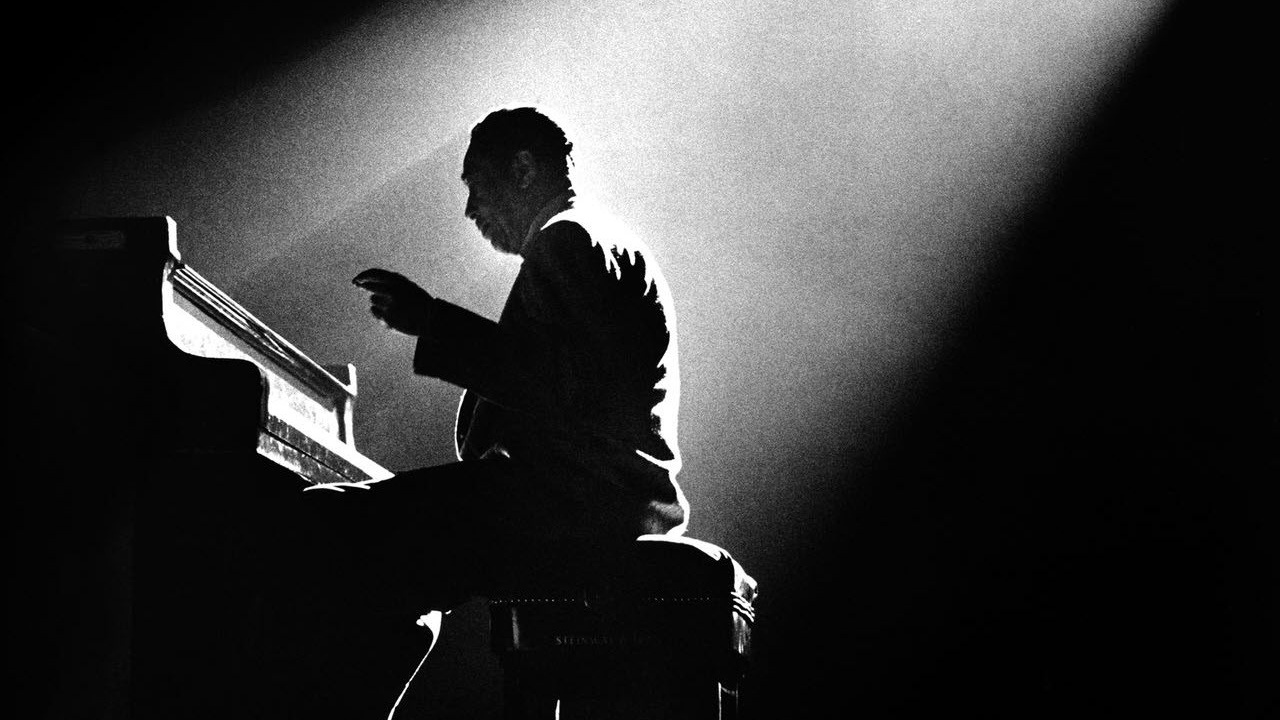
Remembering Duke Ellington: A daring disciple of listening
Sitting with his wife, near Ellington family members, was Count Basie, whose friendship, with Ellington spanned five decades, "Basie never stopped crying. He sat there and wept," said a friend of Ellington. "He never stopped crying." - Duke Ellington: A Spiritual Biography by Jana Tull Steed
Count Basie cried on Memorial Day, 1974, as he remembered composer, pianist, and bandleader, Edward Kennedy "Duke" Ellington. Now, among my spring rites, is remembering "the Duke," who was born on April 29, 1889, and died 75 years later on May 24, 1974. The man whom Andre Previn once called "one of the four great modern composers," wrote over three thousand original works, recording more than 300 times. A poster of Mr. Ellington adorns my home office door. Based on a picture by Girolama Ramelli, the shot captures Ellington in a contemplative pose, gazing into the far-off distance, and, seemingly just as much, the distance deep within.
Perhaps the key to Ellington's remarkable creativity was his capacity for and commitment to listening. Listen as Ellington describes the inspiration behind his composition, "Harlem Air Shaft": So much goes on in a Harlem air shaft.
You hear fights, you smell dinner. You hear people making love. You hear intimate gossip floating down. You hear the radio. An air shaft is one great big loudspeaker.... I tried to put all that in ‘Harlem Air Shaft.'
Episode 5 of Ken Burns' epic Jazz epic documentary begins with Ellington seated at a piano. After playing a bit, an interviewer asks, "Where do you get your ideas from?" Ellington responds, "Ideas? Oh, man, I got a million dreams. That's all I do is dream. All the time." Next, Ellington plays some more, and then strikingly confesses that his piano playing is really "dreaming." This exchange comes to mind because central to Ellington's "dreaming" in the film is his listening. The segment begins with Ellington covering one of his ears. When he plays, or dreams, the left hand comes down and he is all ears. His listening is visible, purposeful, and intense, so much so that you can almost hear him listening. Moreover, his listening is accented by the sparseness of musical notes. His playing has as much silence in it as it has sound. Though the silences are "rests" in musical terms, in reality, Ellington is not resting in such spaces. He is hard at work listening, at one point even squinting his eyes, in delicate yet relentless search of a hidden note.
We have created a speeded up blurry world in which seeing and listening can be hard to do. Among our sacrifices is what Ellington seemed to have in abundance: creativity. Noted ones in various fields agree on the prominence of observing and listening, in a word, noticing.
Legendary singer and songwriter, Sam Cooke, once explained his creativity as follows, "The secret is observation, [understanding] how people are thinking and determining the times of your day."
Barbara McClintock, the extraordinary pioneer in modern genetics and winner of a Nobel Prize in 1983, was once asked what had enabled her to see far and deep into the mysteries of genetics. The questioner, Evelyn Fox Keller, records McClintock's amazing response, "Over and over again she tells us one must have time to look, the patience ‘to hear what the material has to say to you, the openness to let it come to you.' Above it all, one must have a feeling for the organism."
George Washington Carver links such observation to no less than love: Anything will give up its secrets if you love it enough. Not only have I found that when I talk to the little flower or to the little peanut they will give up their secrets, but I have found that when I silently commune with people they give up their secrets also - if you love them enough.
So, fellow Jazz royal soul, Count Basie, wept, as did many others inside and among the more than two thousand standing outside the Cathedral of St. John the Divine in Manhattan on Memorial Day, May 27, 1974. They wept tears of sadness and gladness for one who seemed to love, even before music, life, so. They cried for one who was divinely alert and attuned to the cries - the moans, sighs, and sounds - around him and inside of him.

